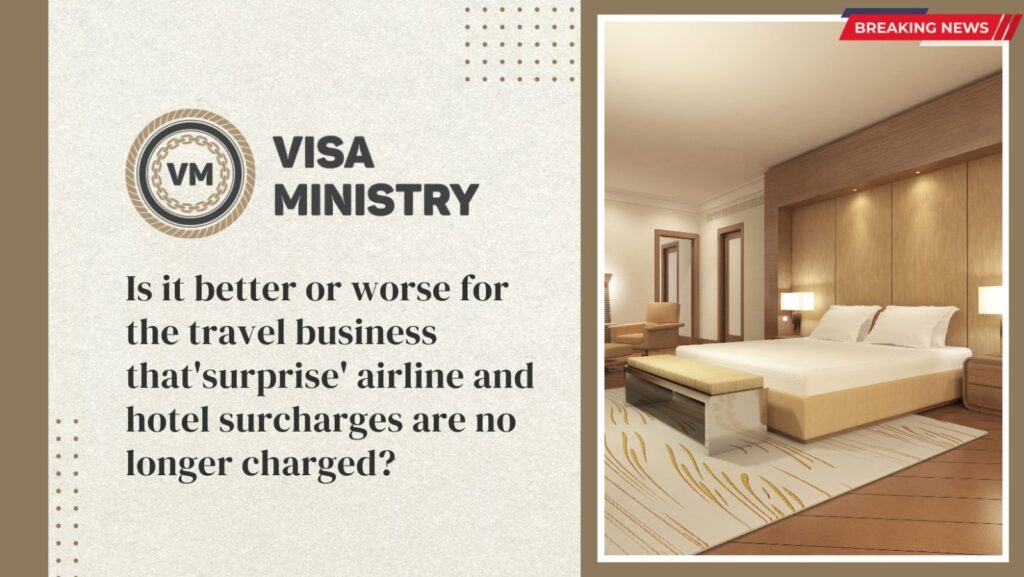The Junk Fee Prevention Act, which especially targets airline and hotel resort fees, was recently introduced by two US senators. As a result, hotels and airlines will have to disclose all of their costs up front and stop charging “surprise” fees. This could refer to “resort fees” that are tacked on at the end of a hotel stay or expenses that parents have been made to pay to sit next to their kids on airplanes.
Consumer advocacy groups, however, have been drawing attention to this issue and calling for reform in other areas for years, such as the inclusion of local hotel taxes only at check-in. Additionally, the UK’s Department for Business and Trade has launched an inquiry into the pricing transparency of airline tickets and other forms of transportation, such as trains.
Travelers dislike the fees, of course, but what does the industry think about them and the new rule? And how would these adjustments be made to the sales and marketing and B2B distribution processes?
Transparency, in the opinion of Digitrips, owner of the popular French multi-product travel platform MisterFly, is essential. “Since the launch of our first website in 2016, we have always considered transparency as a key differentiator, and the price displayed on our search result is the price you pay,” says managing director Emilie Dumont. It has shown to be a successful tactic, increasing client trust. Any concern about additional costs is yet another reason why people can lose faith in our business, which is still working to regain the public’s trust in travel. As long as the data is normalized, we can include these in the booking display quite easily from a technological standpoint.
Didatravel, a tech-driven global travel distribution company, continued, “Resort fees are a short-term solution to increasing revenues when times are tough,” but believes that by imposing surprise costs, hotels and airlines may really be losing out on income over the long term. “While they might boost revenues per traveler in the short term, they don’t do anything to encourage repeat business or long-term loyalty. Even if a guest had an otherwise pleasant stay, a sting at check-out is likely to create an unfavorable impression on anyone who sees that person’s review.
According to BEONx, a hotel revenue management expert, there are more productive approaches to optimize pricing. “Unexpected fees are never a good tactic for raising relatively small sums in relation to the overall cost of the stay,” says Alex Barros, chief marketing & innovation offices. Instead, hotels would do better to concentrate on technologies that enable them to set competitive prices and adjust their rates in response to real-time influencing factors. Even better, use technology solutions that cross-sell the customer additional services that they value and are profitable for you, like a transfer or in-destination experience, your F&B, or even just a room upgrade for a small fee.
Transparency is the essential, and we don’t like tactics like hidden fees, says Janis Dzenis of the price comparison website WayAway. Our basic tenet has been “What you see is what you pay” since the beginning. However, the structure of airline prices is complicated. Because modern businesses offer “unbundled ancillaries” with separate rates for everything other than the plane seat, we pay less for air travel. Think about extra luggage, lunch, fast track at the airport, and other conveniences. Because not everyone need those, you can use this a-la-carte system to tailor your trip experience. But should clients be made aware of the fee structure in a clear and open manner? “Hell yeah!”
Katie Crowe from the travel insurance company Battleface notes that while evaluating the potential advantages of unbundling, “of course openness on pricing and clarity on what you are getting should always be on offer. Airlines should prioritize providing customers with items based on their real demographics and travel plans rather than saturating them with pointless options along what is frequently a convoluted buying path. In reality, such product personalization and unbundling will increase customer engagement, provide travelers a stronger sense of connection to the airline, and make them feel that the things they are purchasing are genuinely appropriate for their requirements. Any legislation that reduces choice or compels carriers to offer services they are already charging for as “free” options would only drive up costs for everyone.
A different viewpoint is provided as a last point by Morgann Lesné of the travel investment banking firm Cambon Partners: “Investors are seeking for companies that have a stable client base, and trust is a significant element of that. The anticipated verdict may benefit travel providers in the long run by driving them to develop trust with their clients and go to more well-liked, ethical ways to gain more money. Untransparent pricing is an easy way to lose
credibility and confidence.
Source- Travel daily
Link- https://www.traveldailymedia.com/is-the-end-of-surprise-airline-and-hotel-fees-good-or-bad-for-the-travel-industry/

